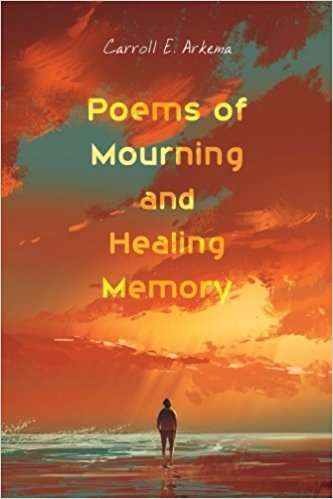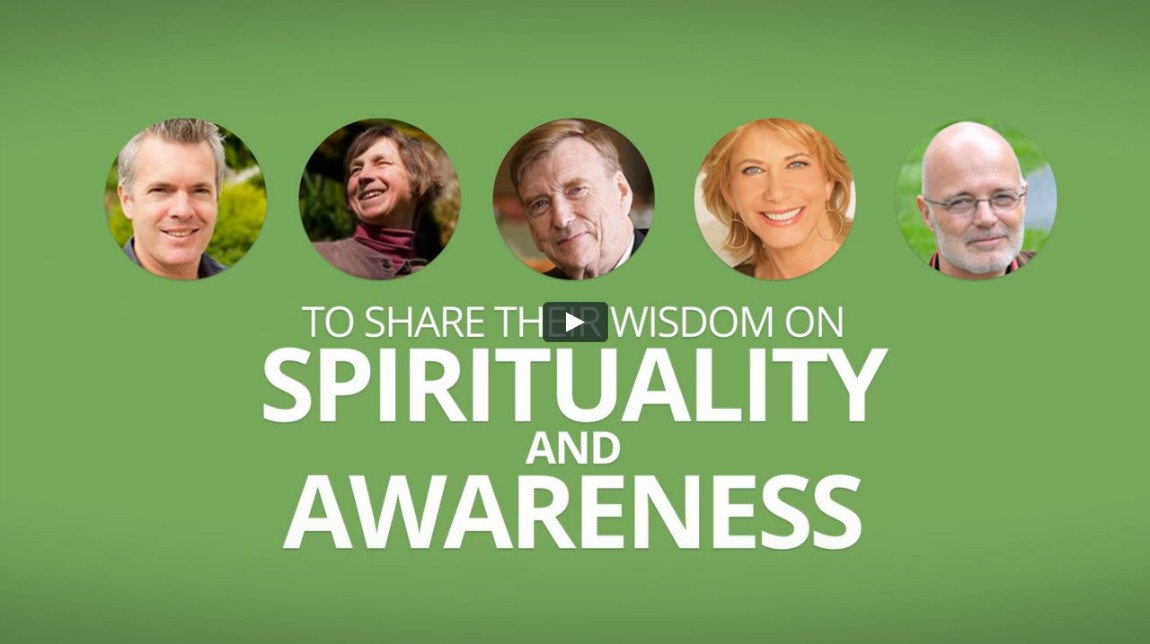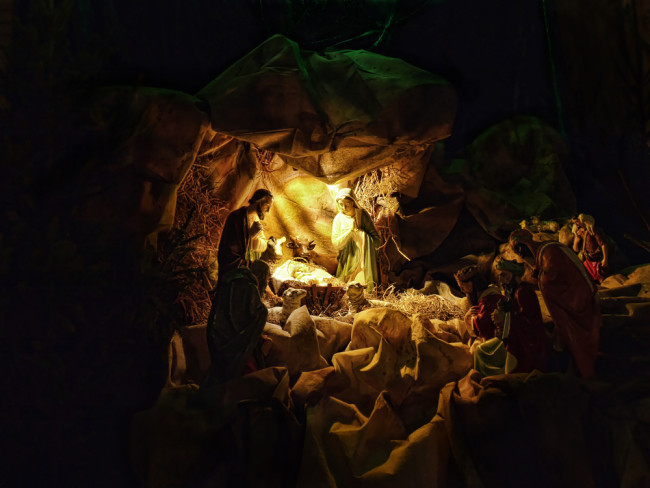In a late night session on February 7, 2017, during Jeff Session’s confirmation hearing for U.S. Attorney General, just weeks after the inauguration of President Donald Trump, the United States Senate voted to silence Senator Elizabeth Warren after she read comments made decades earlier by Edward Kennedy and Coretta Scott King that criticized the civil rights record of Senator Sessions. Warren was censured because Senate Rule XIX prohibits ascribing "to another senator or to other senators any conduct or motive unworthy or unbecoming a senator." To silence her, Senate Majority Leader Mitch McConnell led a party-line vote that forced Senator Warren to take her seat and refrain from speaking. McConnell later said “Senator Warren was giving a lengthy speech. She had appeared to violate the rule. She was warned. She was given an explanation. Nevertheless, she persisted.”
The book begins with the author’s father—and the author himself— dealing with the death of wife and mother. It continues with the author’s powerful encounter with his dying father, then proceeds with poems mourning his father’s death and its aftermath. The second half of the book contains poems which remember and honor significant people and experiences in the author’s life. As a pastoral psychotherapist, the author finds the Bible and spirituality to be major healing resources, along with memories of some key people he writes about who have helped him grow and heal in his life. What happens in writing is a mysterious and awesome thing, and the very process of remembering and writing these poems has helped the author mourn and find some healing.
The picture, speaking of itself, not shaping something else we know; imagines mystery makes it glow beyond all earthly sight can show.
Evening Hymn: O Radiant Light
After searching for an opening Easter Acclamation that is progressive and cosmic in nature, and finding nothing that went where I'd like to take the congregation, I decided I'd just have to write one. This acclamation/invocation draws on themes found in the Gospel of Thomas, Meister Eckhart, Hildegard von Bingen, Teilhard de Chardin, and Thomas Berry. I also hope is has some of the poetic flare of that great earth mystic, Saint John (Muir) of the Mountains.
Reinhold Niebuhr's brother, H. Richard, argued for faithfulness to the example of Jesus's nonviolence, while Reinhold believed this was naive and unrealistic in an imperfect world. H. Richard was the purist to the Christian faith, believing that following the Golden Rule, no matter the consequences, is what Jesus and God called us to do -- the success of the mission being in God's hands rather than our own. Reinhold, however, looked at the more practical side of things, substituting his or the world's idea of what was possible and changing his ethics accordingly. H. Richard thus trusted more in the providential moral arc of history as M.L. King, Jr. , would call it rather than a realist's version of what humans believe is attainable given their corrupt nature. In essence, H. Richard focused on the power of God's grace to transform our spirits and the world for the better, while Reinhold accepted a more cynical view of our ability to be radically changed as a specie.
The pain of our Good Fridays still lingers among us. We still dwell inside the long waiting of our Holy Saturdays. Old wounds hold us in calloused hearts. Ancient histories mold our souls in fear. New worries drag us toward the abyss of dread.
In my own experience, the best thing I can do for my friends is to listen to them. If I’m doing too much of the talking, then I’m not adequately listening. And when I listen, I do best if I really listen: just be present in silence and give my friend my full, compassionate, truly interested attention. The fourth century Christian mystic, Gregory of Nyssa, said that “we consider becoming God’s friend the only thing worthy of honor and desire.” Mindful prayer is being God’s friend, and letting God be a friend to us: simply being, attentively, with each others’ being.
From the Festive Worship collection
There is no Easter without making one’s peace with the dead and with the forces of destruction that lurk within the human psyche.
From the Festive Worship collection
When love and hatred engage in mortal conflict it is love which suffers most; but love has the final victory.
Ian interviews 31 experts including Bishop Spong and Matthew Fox
Beyond all the things that divide us, both from ourselves and each other, awareness brings us back to our essential oneness. In June 2014, Ian Lawton, founder of soulseeds.com, had a series of transformative conversations with renowned spiritual leaders from many traditions on the topic of awareness. Whether you caught the conference live or not, you can now access any or all of it in the way that best suits you.
For Christians grace is God’s gift of pardon. According to William Barclay the Greek word for grace was originally a military term. When an emperor came to the throne or celebrated a birthday, he would give his troops a donatirim (donation), which was a free gift that they had not earned; it was given out of the goodness of the emperor’s heart. This idea was picked up by the Christian scripture writers when they wrote about the grace of God. Grace is something that is unearned and undeserved – unmerited pardon.
I think we need some method of communicating with God and prayer is the logical answer. But prayer in which we stop everything we are doing, get down on our knees, fold our hands and pray is not my idea of prayer. I think we should try to communicate with God any time we have a second to think about God or ask God to be with a loved one or friend, or share anything in our life with God. While driving, when watching TV, while on the lake alone, working in the garden, any of those times and many more, we should take a moment to commune (talk, whatever word you want to use) with God. It may be that those moments are more for us than for God, but I like to think that God listens and cares. I admit that I get awfully frustrated when I feel God is not listening because my petitions are not immediately answered in the way that I have requested. I know God’s answer may be “no,” but that is difficult to swallow.
I am told that God answers prayer. Always. But then a few caveats are added, meant to temper my expectation for a quick and positive response.
God of love, source of mercy and compassion, weave your dream for the world into the fabric of our lives.
We need to acknowledge that the final week in Jesus’ life is a blending of separate biblical accounts. In other words, the story grows and develops as each successive gospel writer imaginatively retold the story. There may be some historical memory in their stories, but the details are not historical.
We crouch with Mary on the straw of our messy lives letting go of everything but this moment.
A Commentary for Thanksgiving in an Age of Anxiety
American retailers have essentially pre-announced that the annual Thanksgiving observance -- when we presumably pause to gratefully remember everything we have -- has been cancelled so bargain shoppers can get an even earlier jump-start on their holiday shopping for all the things we don’t have yet. Meanwhile, halfway around the world a typhoon of record proportion hit landfall only a few weeks ago; nearly wiping an island nation off the face of the earth, and leaving those who survived with virtually nothing. Then last week an unseasonable swarm of twisters flattened whole towns across the Midwest. By comparison, it all makes the plight of those first pilgrims facing the harsh realities of their first Thanksgiving in a brave new world look like a walk in the park. And, all the while, the airwaves and media have been filled with docu-dramas and documentaries commemorating the half-century mark of those events that shattered an age of relative innocence for those of us old enough to remember it; ushering in an age of extraordinary upheaval and anxiety, starting with what social critics and historians alike attribute to the assassination of JFK. Juxtaposed and taken together, these events represent a seeming un-reality that hasn’t really abated much in the last fifty years. We live in an age of anxiety. Jesus masterfully taught in the philosophical tradition known as Jewish cynicism, with such parabolic tales and quaint-sounding imagery as the “lilies of the field.” And he did so at a time and age that – while seemingly ancient to our modern way of thinking – may not have been all that different from our own anxious age. Consider then our fretful, misbegotten ways, and the wild lilies of the fields.
























